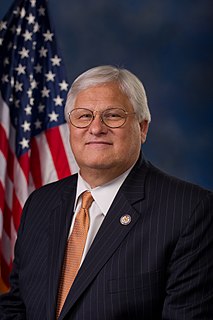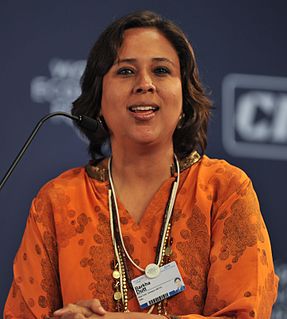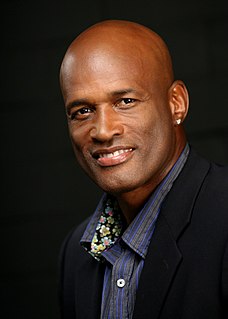A Quote by Larry Craig
Flag desecration is not a constitutional issue for the courts. It is a political one that belongs to the people.
Related Quotes
Modern equalitarian societies whether democratic or authoritarian in their political forms, always base themselves on the claim that they are making life happier. Happiness thus becomes the chief political issue -- in a sense, the only political issue -- and for that reason it can never be treated as an issue at all.
there ought always to be a constitutional method of giving efficacy to constitutional provisions. What for instance would avail restrictions on the authority of the state legislatures, without some constitutional mode of enforcing the observance of them? . . . This power must either be a direct negative on the state laws, or an authority in the federal courts, to over-rule such as might be in manifest contravention of the articles of union.
As I tell young people in workshops, 'It's your country. If you came here on the bottom of a slave ship, if your people came here seeking political freedom - however your folks got here - it belongs to you just as much as it belongs to anyone, so claim it. It's your birthright. America belongs to every person who is here.'































